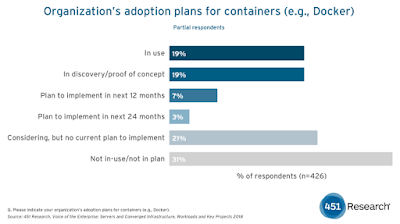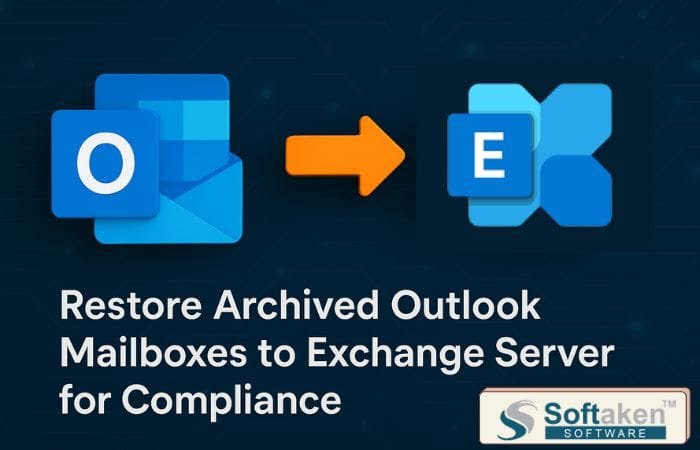
The global market for server virtualization technologies has experienced relatively low growth as more CIOs and CTOs consider alternative approaches to support their developer’s need for agile IT infrastructure deployment. While some early adopters are experimenting with ‘serverless’ solutions, the mainstream market is utilising software applications container solutions.
According to the latest worldwide study by 451 Research, the emerging applications container market will continue to expand and be worth more than $ 2.1 billion in 2019 and more than $ 4.3 billion by 2022 – that’s a compound annual growth rate (CAGR) of 30 percent.
Application container market development
When 451 Research first published a forecast on the container market two years ago, there were 125 companies identified in their market analysis. Included in the most recent forecast is an examination of 184 vendors, which represents about a 50 percent increase from the number of vendors in late 2016.
While the revenue contribution from containers for the vast majority of participating vendors is still relatively small, the widespread interest in application container technology remains a defining feature of this emergent market.
Growth in the containers market and ecosystem is being driven by increasing enterprise interest to help application developers move faster, manage infrastructure more efficiently and meet digital transformation goals. That being said, serverless technologies have a similar goal with a cloud computing functions-as-a-service (FaaS) model.

According to the 451 Research analyst’s market assessment, about half of enterprise organizations are either using application containers today or planning to use them in the next two years.
The promise of container technologies to increase developer speed, efficiency and portability across hybrid IT infrastructures, as well as microservices, are all driving growth,” said Jay Lyman, principal analyst at 451 Research. “Broader and deeper vendor participation along with increasing enterprise use indicate this market will continue to grow and as that growth continues, consolidation in the market is likely.”
The market study also indicates that both startup vendors and established leaders within the enterprise software industry are addressing a variety of container use cases — such as management and orchestration, monitoring, DevOps, IT security, networking and storage.
Outlook for application container innovation
This is not only indicative of the broad applicability of container-based technologies but also highlights how revenue is spread across a diverse vendor landscape. Moreover, the openness of this market may encourage a variety of additional vendors to enter the container market and fuel further growth.
“The industry is already seeing these mergers and acquisitions that include IBM’s recent acquisition of Red Hat and VMware’s purchase of Heptio. These recent deals demonstrate how the container market is ripe for more consolidation as well as growth,” added Lyman.

Interested in hearing industry leaders discuss subjects like this and sharing their experiences and use-cases? Attend the Cyber Security & Cloud Expo World Series with upcoming events in Silicon Valley, London and Amsterdam to learn more.





Tech content on this site may include contributed articles and partnerships with industry voices. Learn more in our Editorial Policy.